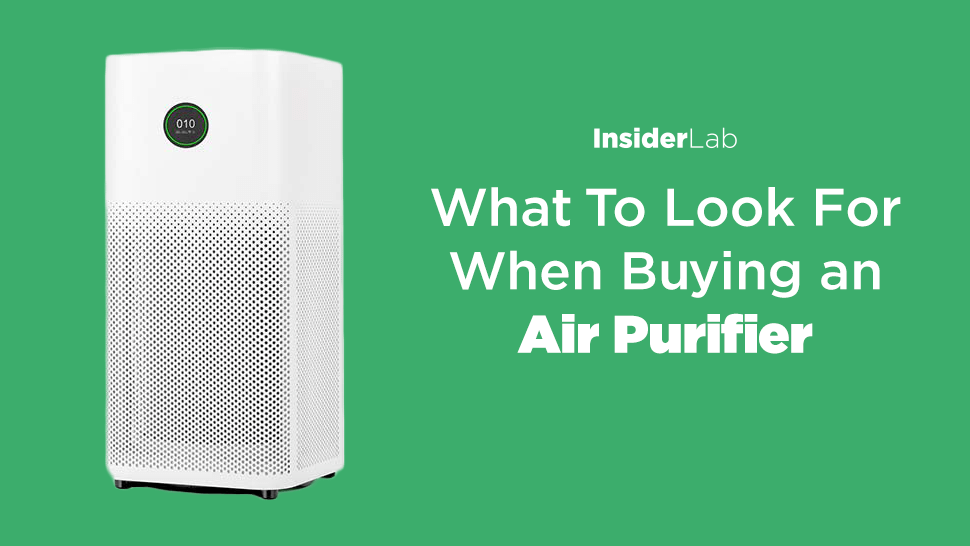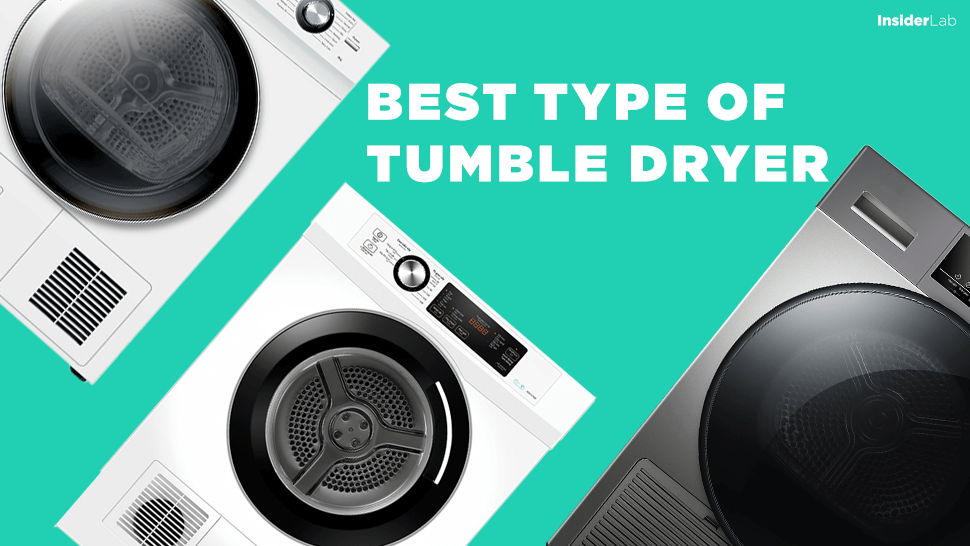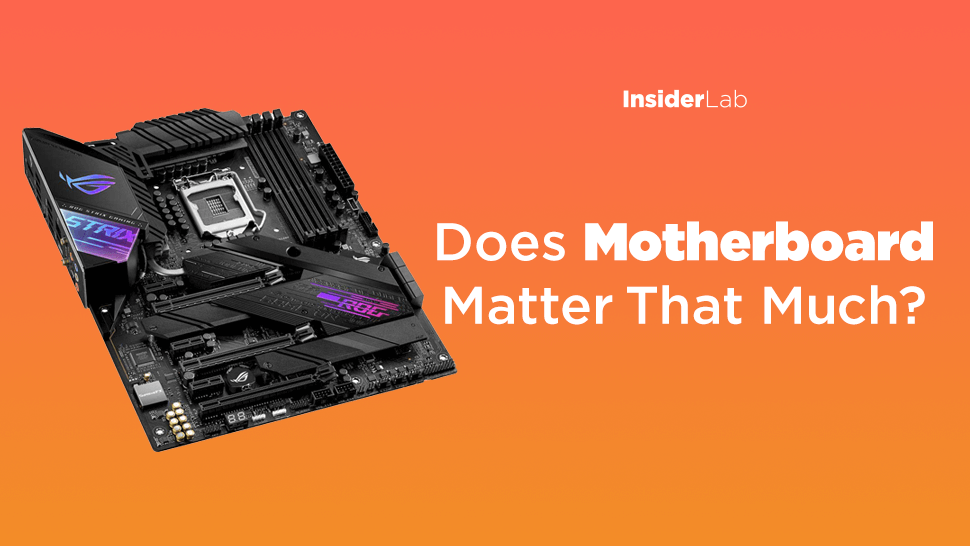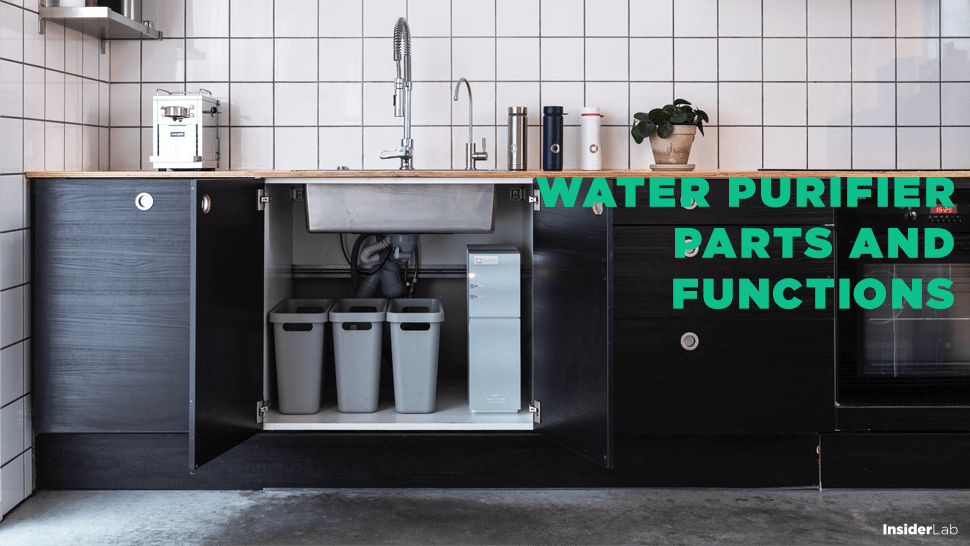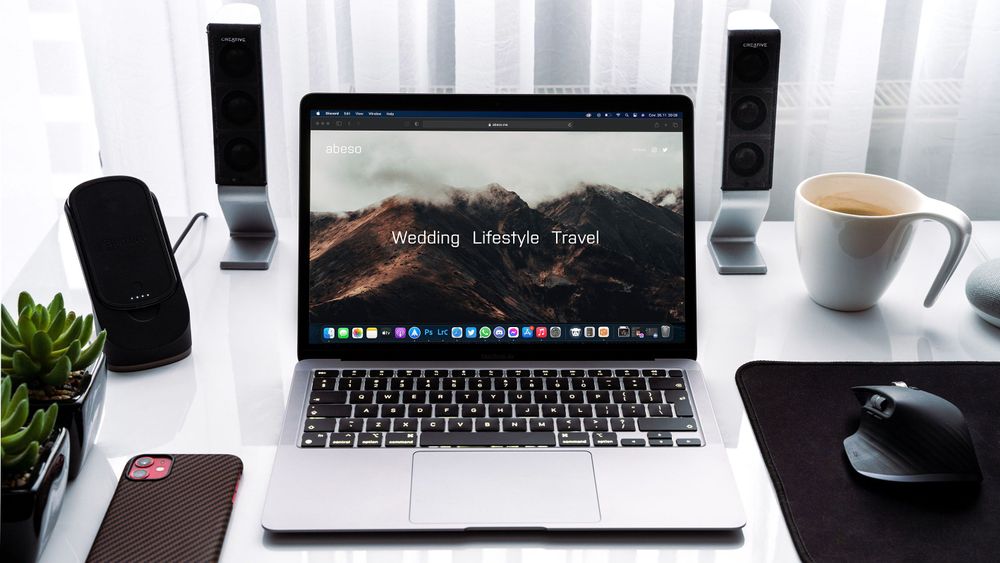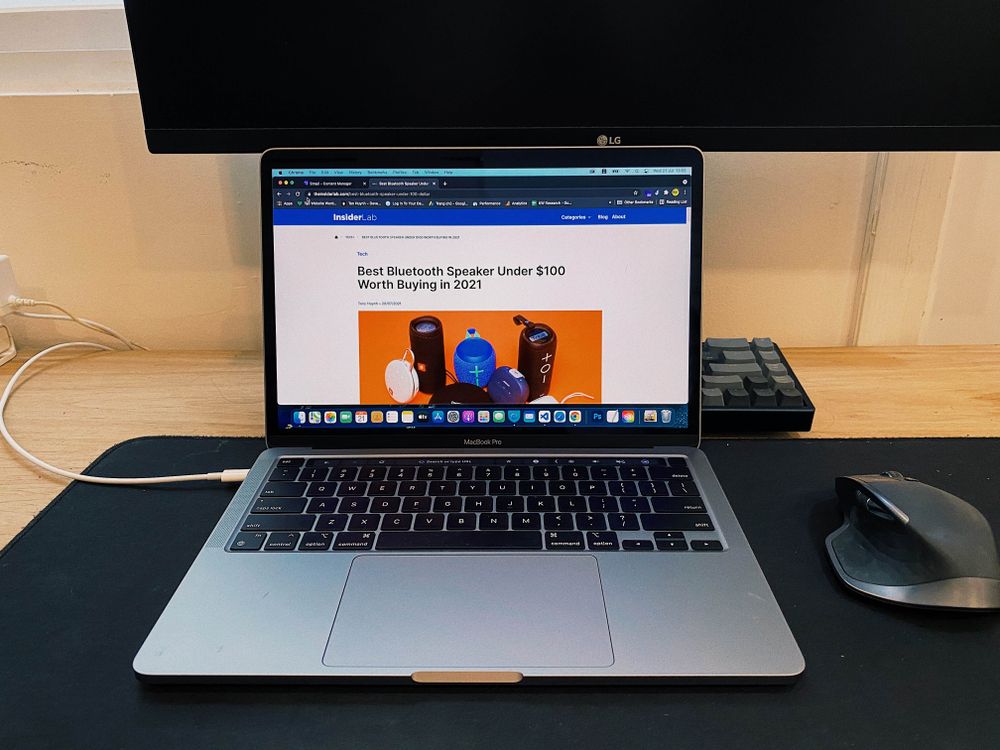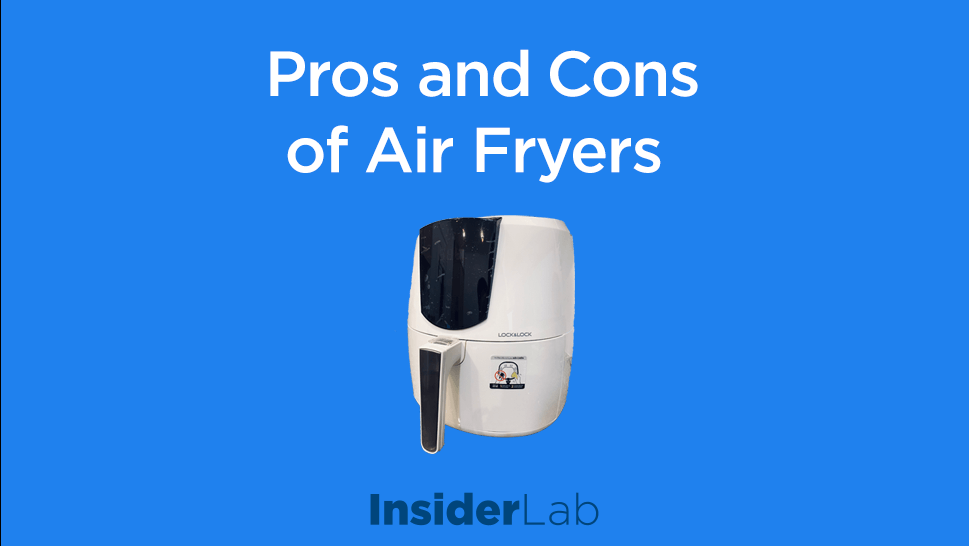The air is becoming more polluted in the cities. In this case, an air purifier is proven to be an effective measure to keep you from breathing harmful air. In this article, InsiderLab will guide you on how to choose to buy an air purifier in your budget.
Air purifiers have become absolutely essential for indoor spaces with the increase in airborne pollutants and allergens. The number of cities is increasing, which also makes the air more and more polluted. In this case, an air purifier is proven to be a way to save you from breathing harmful air. Here is a guide to choosing to buy an air purifier from low to high price for you.
Why do you need an air purifier?
According to experts, indoor air is more harmful than outdoor air. In addition, household products such as deodorants, cleaning agents, printers, furniture… also contribute to indoor air pollution. Air purifiers are recommended for people with dust allergies, asthma or any other respiratory illness as well as children.
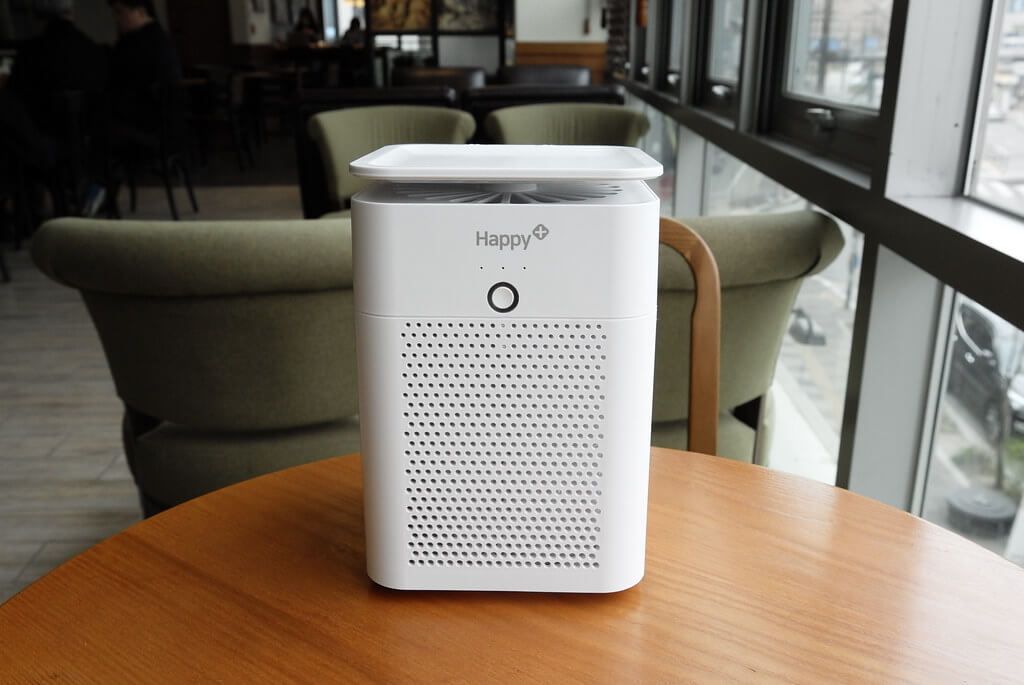
Air purifiers control air quality by removing allergens, pollen, dust, pet dander, and other pollutants not visible to the naked eye. Some air purifiers are also capable of absorbing any unpleasant odors from paints, varnishes, cigarettes, etc.
What is the function of an air purifier?
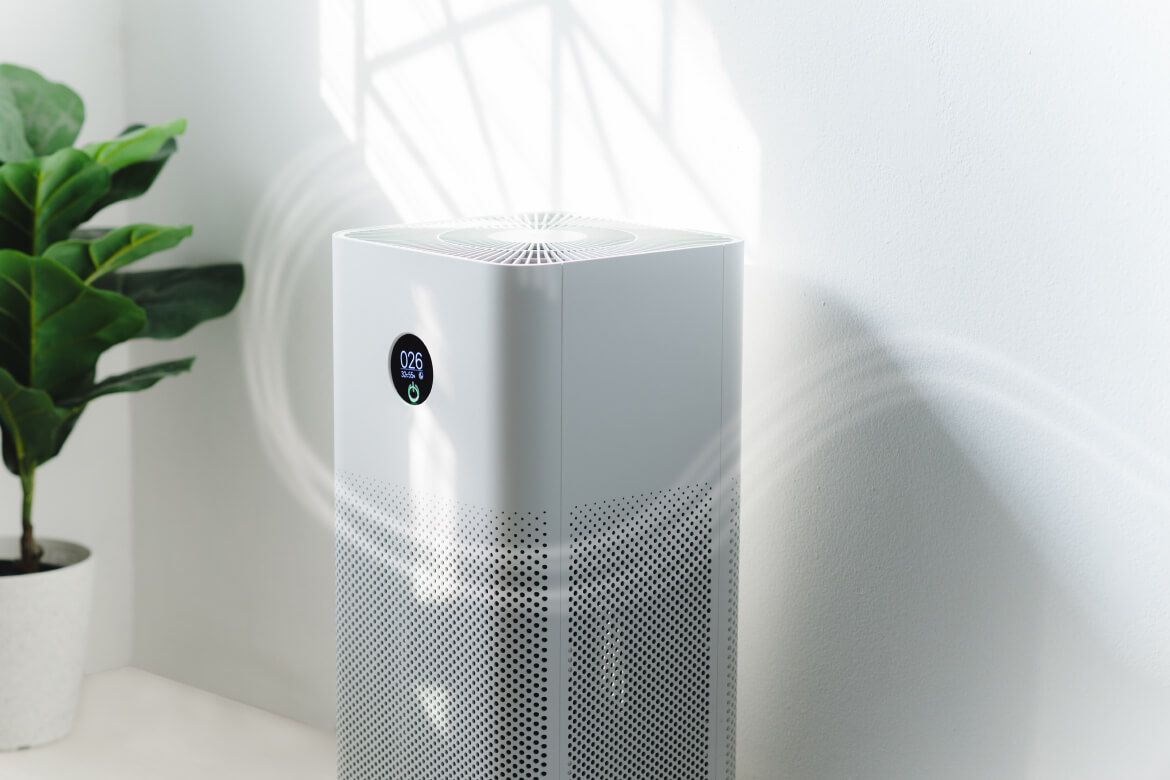 Air purifiers have many different functions
Air purifiers have many different functions
Essentially, air purifiers use mechanical components and a hybrid filter system to clean indoor air. The process involves drawing contaminated air through filters and then circulating the clean air back into the room.
The internal filters will absorb pollutants, dust particles and even odors to clean the air inside the room to ensure safer air for health.
How to choose to buy an air purifier from low to high budget?
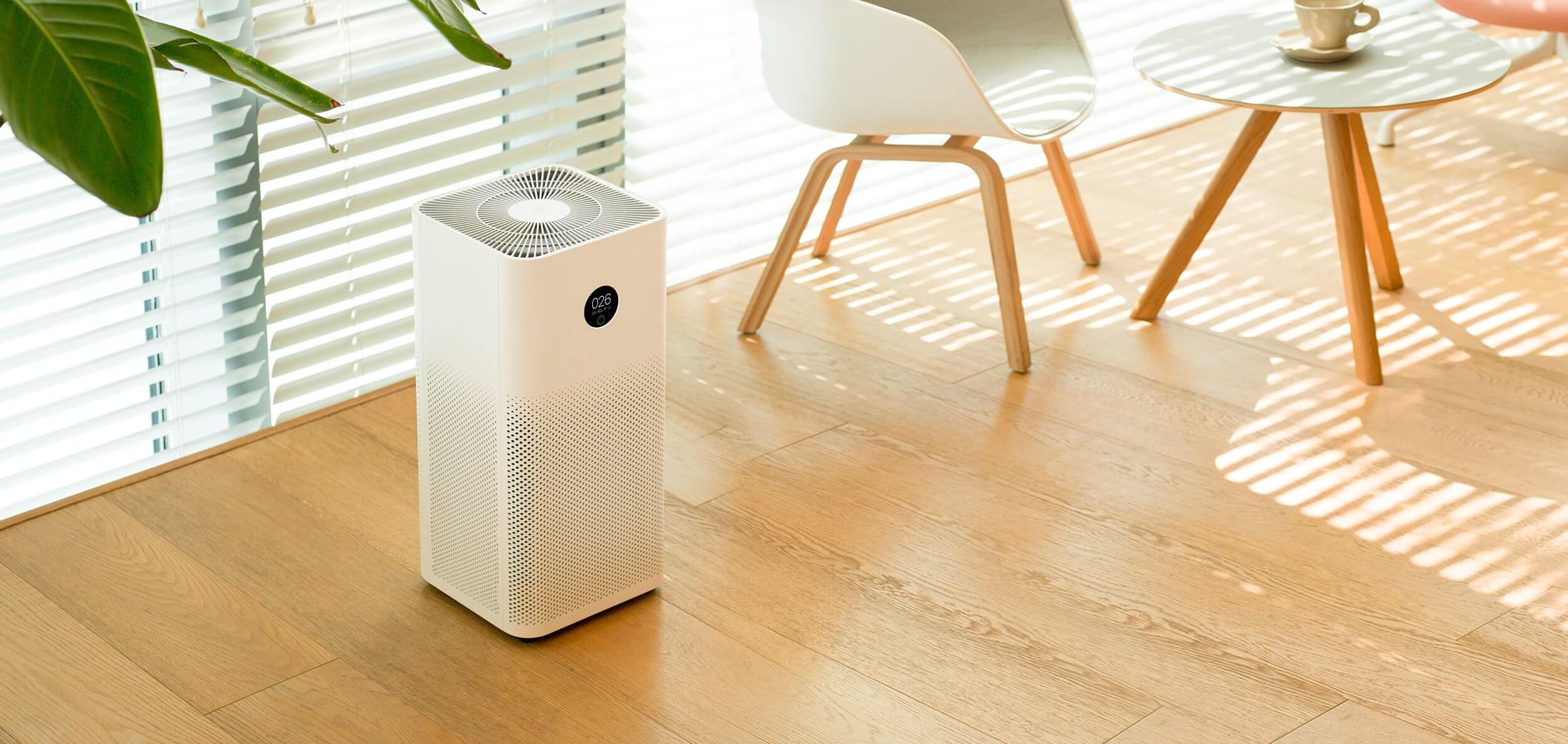 Air purifiers have many types from many brands and different prices
Air purifiers have many types from many brands and different prices
Requirements for air purifiers can be different for each individual. You should keep in mind that the more powerful models, the more functions, and the more filters, the more expensive they are. However, there are a few points you should keep in mind:
- Asthma patients should choose air purifiers with True HEPA filters and should avoid air purifiers that use Ozone technology.
- People with lower immunity levels and those on dialysis should install a top quality air purifier with True HEPA filter, odor filter…
- Only True HEPA Filter technology ensures 100% removal of allergens.
- People who live in areas with a lot of construction should make sure to have an air purifier with a good pre-filter. Pre-filters should also be cleaned regularly and replaced periodically.
- People living next to industrial zones should own air purifiers with activated carbon filters to eliminate odors in the air.
- People with pets should also choose an air purifier with a strong coarse filter to avoid inhaling pet hair.
What to consider when buying an air purifier?
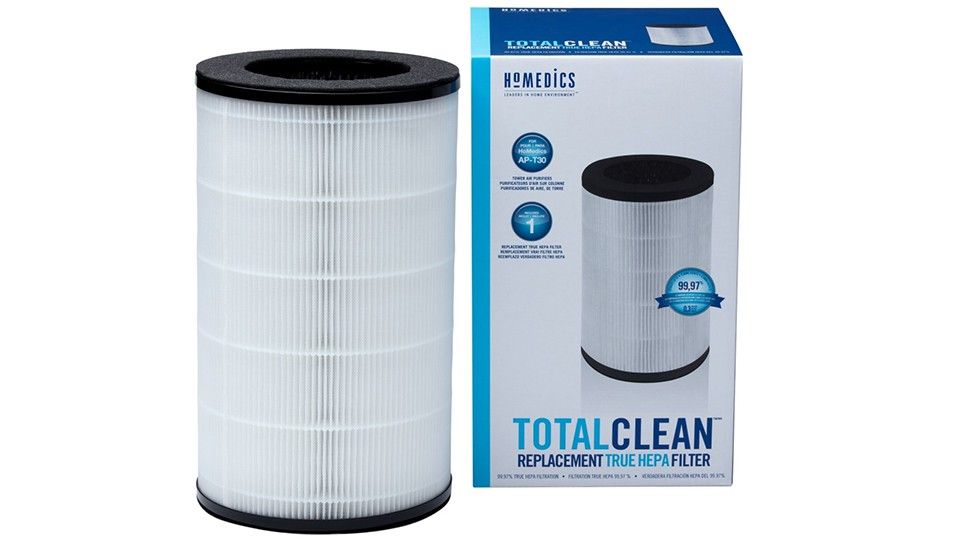 Filters are very important in air purifiers
Filters are very important in air purifiers
Before you buy an air purifier, there are several aspects that you must know as follows.
Filter types:
- Pre-filter: This type of filter is usually made from non-woven polyester fabric to remove large particles such as pet hair before the next stage of filtration.
- True HEPA Filter: This is important for filtering out allergens such as pollen, animal skin and fluff, mold spores, and dust. HEPA filters can remove 99.9% of all particles that can be as small as 0.3 microns. HEPA air purifier filters must be replaced at the recommended intervals, depending on the usage of each household.
- Activated carbon filter: It is used in combination with other filters to absorb odors and toxic gases in the air. This filter also needs to be replaced after a certain period of use.
- Antibacterial and germicidal (UV) filter: This filter helps to remove harmful bacteria and germs. The UV filter along with the HEPA filter ensures that the air you breathe is sterile. This filter is commonly used in hospitals, kitchens, laboratories and schools to reduce the risk of airborne disease transmission.
- Electrostatic filter: It is often combined with a HEPA filter to effectively remove particles as small as 0.1 micron in size. This filter also needs to be replaced in order to function properly.
Photocatalytic Filter (PCO): It uses a metal plate coated with titanium dioxide along with UV light to oxidize and break down the chemicals in the air purification process.
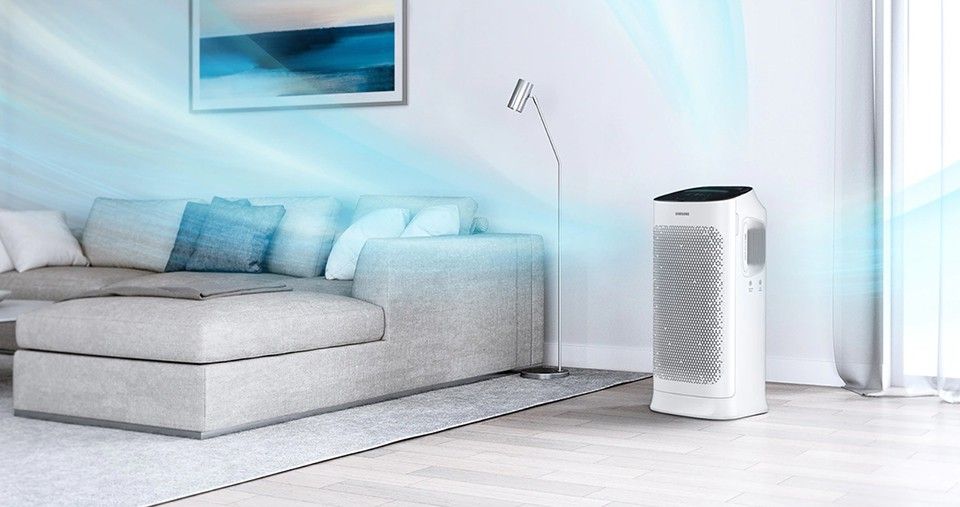 In addition to the filter, you should consider many other factors when buying an air purifier
In addition to the filter, you should consider many other factors when buying an air purifier
CADR Rating:
This is a measure of the air purifier’s ability to deliver pure air at its maximum set speed. This metric represents both filtered air flow and airborne particle removal efficiency. Before making a purchase, look for information on the CADR because the higher the CADR, the better the performance of the air purifier for a given room size.
Room Size:
The size of the room you are in is an important factor in choosing a suitable air purifier. Larger spaces will require larger air purifiers, so make sure you buy an air purifier that can work in spaces larger than 20-40% of the room size for the best air filtration efficiency.
Customer Service and Warranty:
Each air purifier will require a filter replacement after 12 to 18 months of use. Make sure the air purifier brand you choose is reputable and has a wide distribution network for quick and easy warranty replacement.
